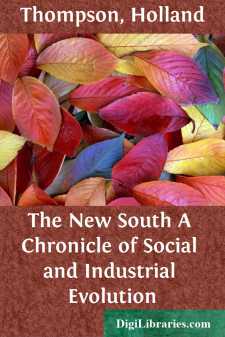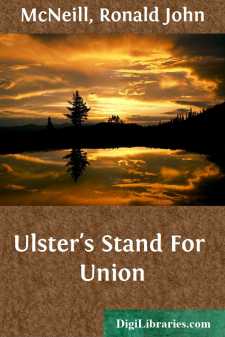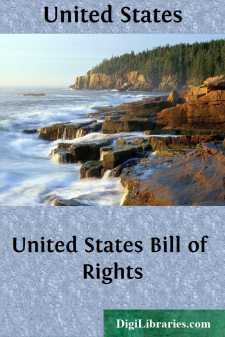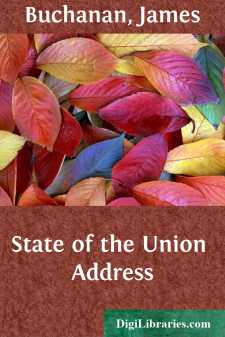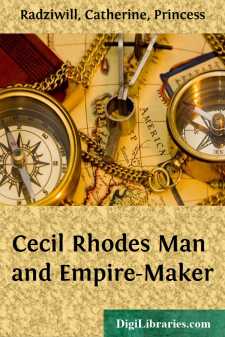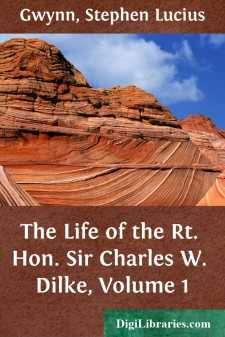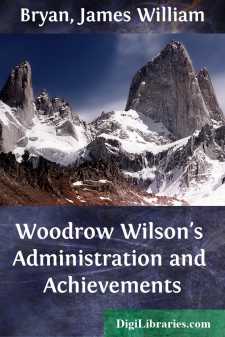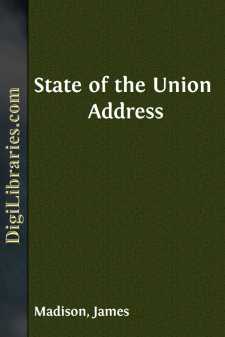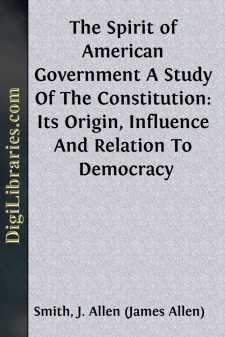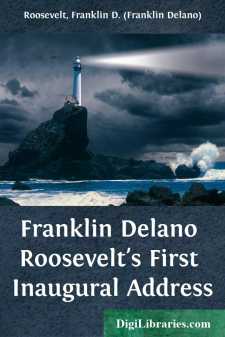Political Science
Political Science Books
Sort by:
by:
Holland Thompson
CHAPTER I THE BACKGROUND The South of today is not the South of 1860 or even of 1865. There is a New South, though not perhaps in the sense usually understood, for no expression has been more often misused in superficial discussion. Men have written as if the phrase indicated a new land and a new civilization, utterly unlike anything that had existed before and involving a sharp break with the history...
more...
CHAPTER I INTRODUCTION: THE ULSTER STANDPOINT Like all other movements in human affairs, the opposition of the Northern Protestants of Ireland to the agitation of their Nationalist fellow-countrymen for Home Rule can only be properly understood by those who take some pains to get at the true motives, and to appreciate the spirit, of those who engaged in it. And as it is nowhere more true than in...
more...
by:
United States
Ratified December 15, 1791 I Congress shall make no law respecting an establishment of religion, or prohibiting the free exercise thereof; or abridging the freedom of speech, or of the press, or the right of the people peaceably to assemble, and to petition the Government for a redress of grievances. A well-regulated militia, being necessary to the security of a free State, the right of the people to...
more...
by:
James Buchanan
Fellow-Citizens of the Senate and House of Representatives: In obedience to the command of the Constitution, it has now become my duty "to give to Congress information of the state of the Union and recommend to their consideration such measures" as I judge to be "necessary and expedient." But first and above all, our thanks are due to Almighty God for the numerous benefits which He has...
more...
CHAPTER I. The conquest of South Africa is one of the most curious episodes in English history. Begun through purely mercenary motives, it yet acquired a character of grandeur which, as time went on, divested it of all sordid and unworthy suspicions. South Africa has certainly been the land of adventurers, and many of them found there either fame or disgrace, unheard-of riches or the most abject...
more...
PREFACE The following Life of Sir Charles W. Dilke consists mainly of his ownMemoirs and of correspondence left by him or furnished by his friends. The Memoirs were compiled by Sir Charles Dilke from his private diaries and letters between the years 1888 and his return to Parliament in 1892. The private diaries consisted of entries made daily at the dates dealt with. Of the Memoirs he says: "These...
more...
HISTORY'S PROVING GROUND he modern newspaper through its intensive, minute and zealous activities in searching out, presenting and interpreting each day the news of the entire world, is tracing with unerring accuracy the true and permanent picture of the present. This picture will endure as undisputed history for all time. Let us concede that the newspaper writer sometimes, in the passion of the...
more...
by:
James Madison
Fellow-Citizens of the Senate and House of Representatives: At the period of our last meeting I had the satisfaction of communicating an adjustment with one of the principal belligerent nations, highly important in itself, and still more so as presaging a more extended accommodation. It is with deep concern I am now to inform you that the favorable prospect has been over-clouded by a refusal of the...
more...
PREFACE It is the purpose of this volume to trace the influence of our constitutional system upon the political conditions which exist in this country to-day. This phase of our political problems has not received adequate recognition at the hands of writers on American politics. Very often indeed it has been entirely ignored, although in the short period which has elapsed since our Constitution was...
more...
President Hoover, Mr. Chief Justice, my friends: This is a day of national consecration, and I am certain that on this day my fellow Americans expect that on my induction into the Presidency I will address them with a candor and a decision which the present situation of our people impels. This is preeminently the time to speak the truth, the whole truth, frankly and boldly. Nor need we shrink from...
more...


